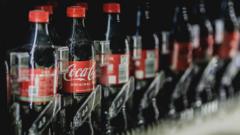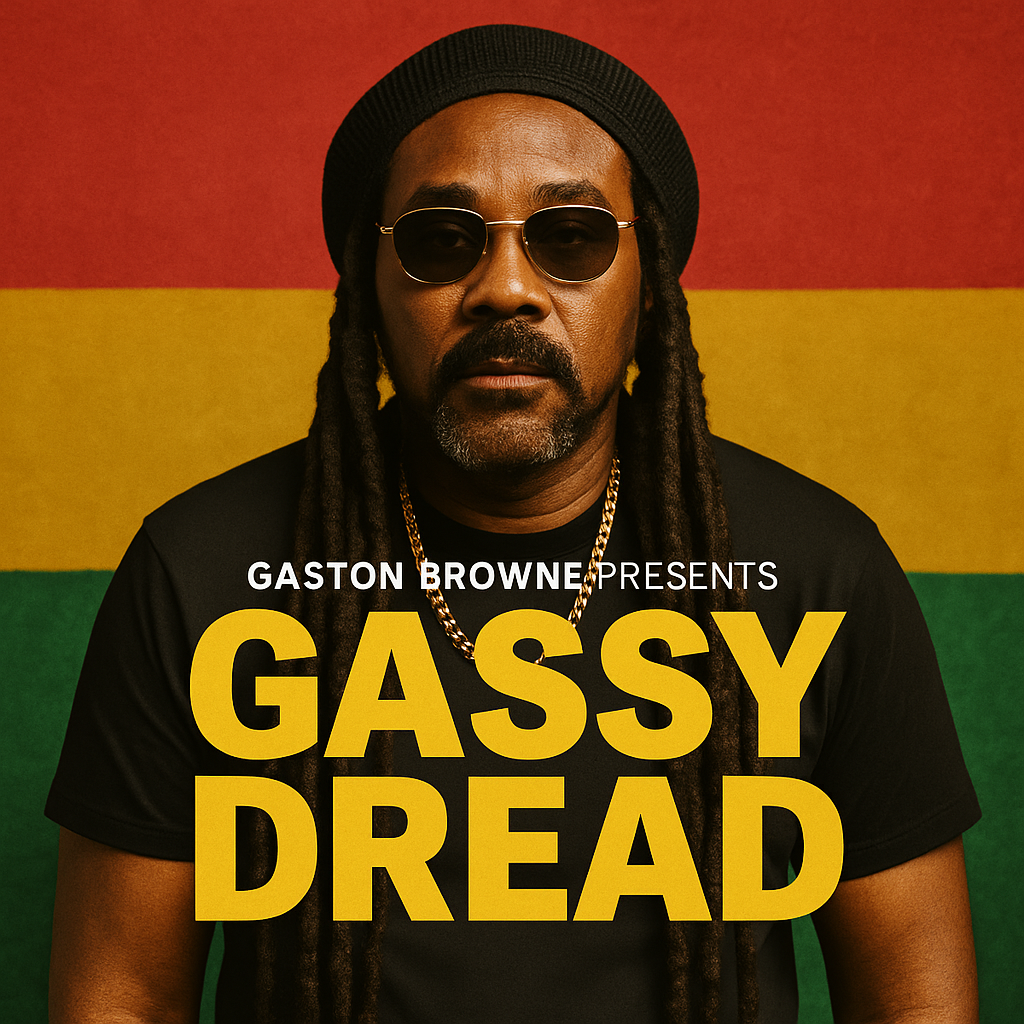Coca-Cola may soon increase its production of plastic bottles in response to the potential rise in aluminum can costs triggered by a 25% tariff imposed by former President Donald Trump on imported steel and aluminum. CEO James Quincey disclosed in a recent investors' conference that should aluminum prices soar, the beverage giant could emphasize its PET plastic bottles as a competitive alternative. This possible shift comes after Coca-Cola revised its sustainability objectives last December, decreasing the target of using 50% recycled materials in packaging by 2030 to a range of 35% to 40% by 2035.
Coca-Cola has received criticism from environmental advocates, having been labeled the "top global plastic polluter" for the past six years. Quincey pointed out that while packaging costs are a minor part of the company's overall expenditures, the company has been leaning into aluminum for its recycling potential and market appeal. However, with the US importing almost half of its aluminum, the new tariffs could drastically raise costs for canned beverages, pushing Coca-Cola and other beverage producers to pivot.
Additionally, recent policy changes from the Trump administration, including a reversal of a measure aimed at phasing out plastic straws in favor of paper alternatives, could exacerbate concerns regarding increasing plastic waste. The interplay between tariffs, production costs, and environmental practices remains a vital issue in the beverage sector as Coca-Cola navigates this complex landscape.
Coca-Cola has received criticism from environmental advocates, having been labeled the "top global plastic polluter" for the past six years. Quincey pointed out that while packaging costs are a minor part of the company's overall expenditures, the company has been leaning into aluminum for its recycling potential and market appeal. However, with the US importing almost half of its aluminum, the new tariffs could drastically raise costs for canned beverages, pushing Coca-Cola and other beverage producers to pivot.
Additionally, recent policy changes from the Trump administration, including a reversal of a measure aimed at phasing out plastic straws in favor of paper alternatives, could exacerbate concerns regarding increasing plastic waste. The interplay between tariffs, production costs, and environmental practices remains a vital issue in the beverage sector as Coca-Cola navigates this complex landscape.






















